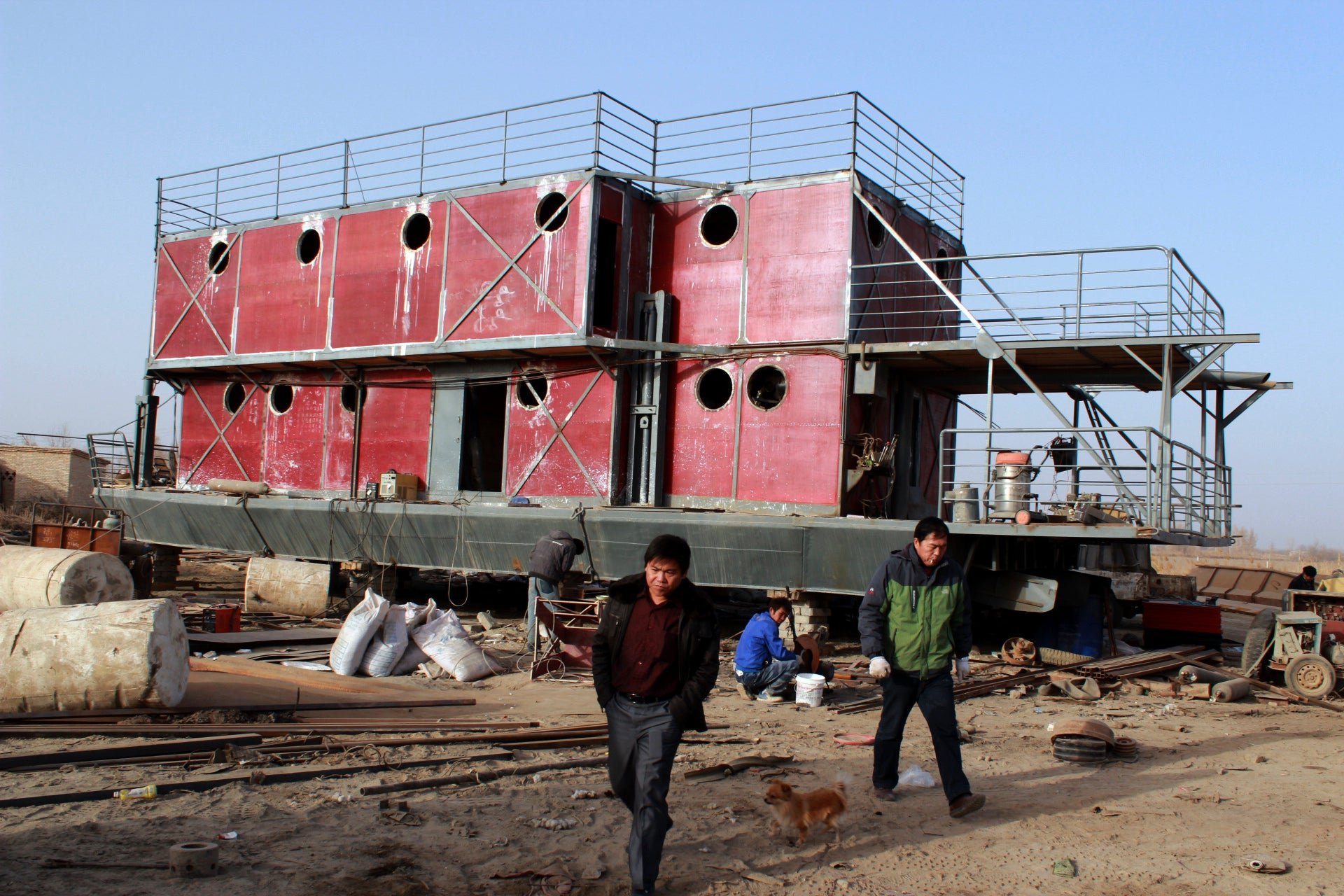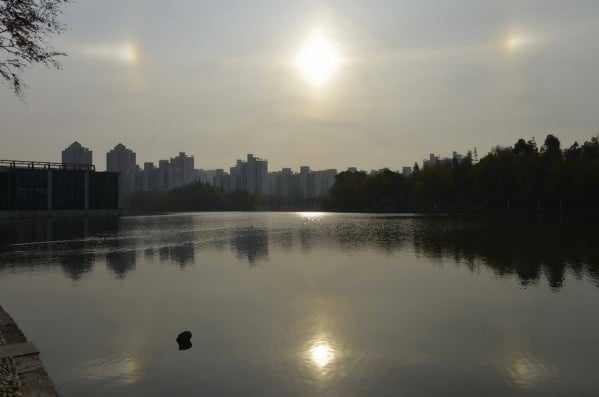In China, government’s denial of Mayan apocalypse is only fueling the paranoia
In China, more so than any other country, mistrust and paranoia are fueling real fears of an apocalypse on Dec. 21, the supposed end of the ancient Mayan calendar. For months, Chinese people have been stockpiling candles, giving away money—and, in one case, building an ark, just in case the destruction of human civilization is brought forth by massive floods.


In China, more so than any other country, mistrust and paranoia are fueling real fears of an apocalypse on Dec. 21, the supposed end of the ancient Mayan calendar. For months, Chinese people have been stockpiling candles, giving away money—and, in one case, building an ark, just in case the destruction of human civilization is brought forth by massive floods.
The government is calling it “the end of the world rumor,” the idea that Mayans did not foresee the world’s existence extending beyond 1,872,000 days, the last of which is Friday. On Dec. 17, police detained almost 1000 members of a religious group for spreading doomsday messages. (The group believes Jesus Christ has returned in the form of a woman from Henan province and that Friday will bring on three days of total darkness)
Carpe diem has also taken on new significance. Marriage registry offices in four cities have maxed out their quotas for approving new unions on Dec. 21, according to state media, and a popular refrain on Weibo is along the lines of: “If the Mayans are right, I’m not going to pay my credit card bill this month.”

It’s not just anecdotal. A Reuters poll by the research firm Ipsos Global Public Affairs found that 20% of Chinese surveyed, the most of any country in the poll, agreed with the statement: “The Mayan calendar, which some say ‘ends’ in 2012, marks the end of the world.” As of Dec. 19, the search term “end of the world” had netted 49 million posts on Sina Weibo, China’s massive microblogging site. “Mayan” called up a little over 10 million. The posts include tributes to people’s loved ones and tongue-in-cheek ads from businesses on apocalyptic deals. On whether the world will be plunged into darkness for three days, one said, “If it really does go dark, I’ll just stay in bed and sleep.”
Chinese officials have called for calm, but the problem is that the people don’t believe them. From the cover up of a SARS outbreak to sales of toxic milk formula, the Chinese government doesn’t have a good track record of transparency. Chinese media, state-owned or not, are controlled by the government and generally don’t report on problems before the government has a solution ready. A leaked notice from China’s propaganda office instructs media to “strictly vet reports” about the apocalypse and “forcefully guard” against end-of-the-world panic.

China is also generally fascinated with the idea of the apocalypse. While Judeo-Christian nations have debated signs and causes of Earth’s end for years, the bulk of Chinese belief systems center around the cyclical nature of life and ancestor worship. The film “2012,” which details the end of the world caused by a solar storm, was a huge hit in China. (To meet demand, the film was subsequently re-released in 3-D).
But it’s not all humor and weird China stories. A man who stabbed and injured 20 primary school students last week allegedly did so because he wanted to become famous before the world ended, state media said. In Shanghai, police reportedly saw 25 cases in one day in which scam artists took advantage of anxious residents by getting them to hand over their savings. Police issued a public warning (in Chinese): “The end of the world is purely a rumor, do not believe it by any means and protect yourself from getting swindled.”